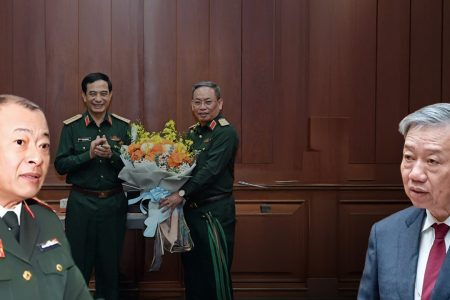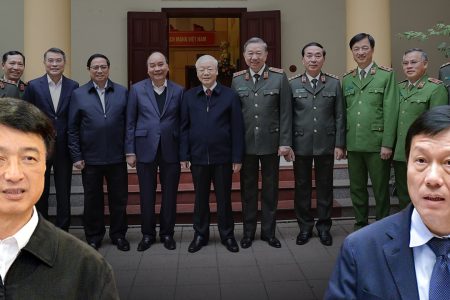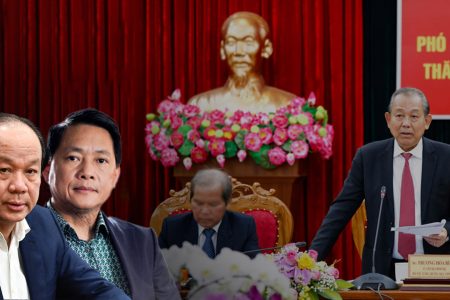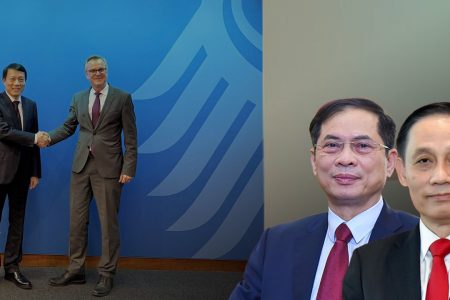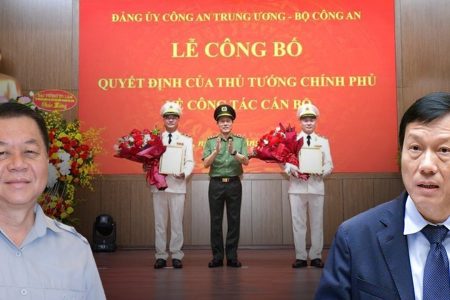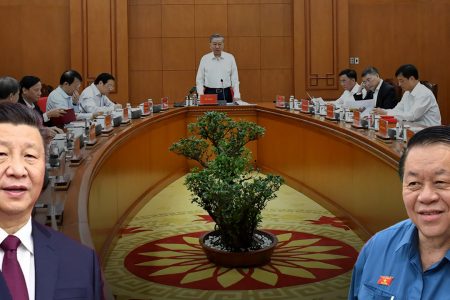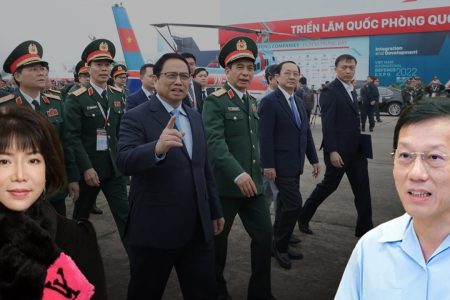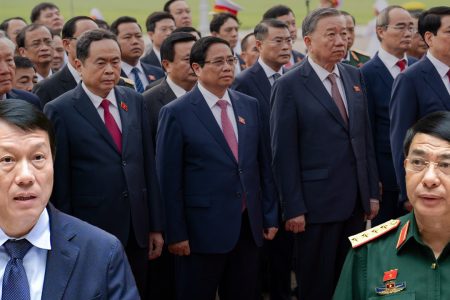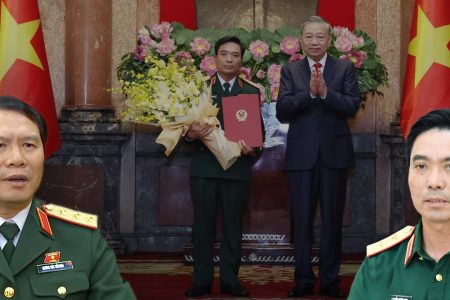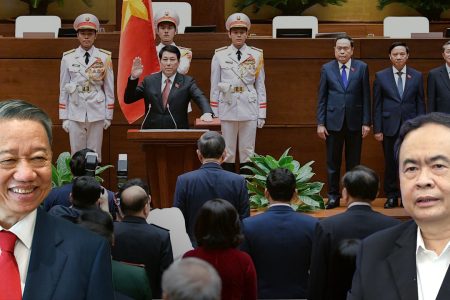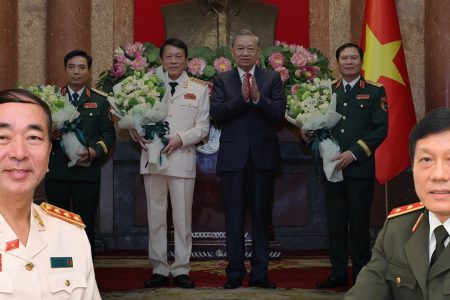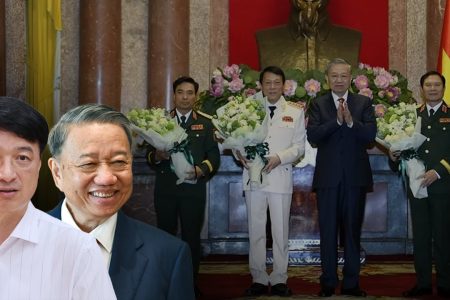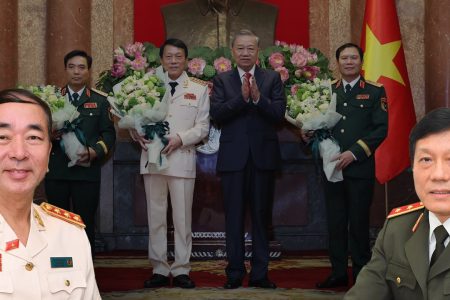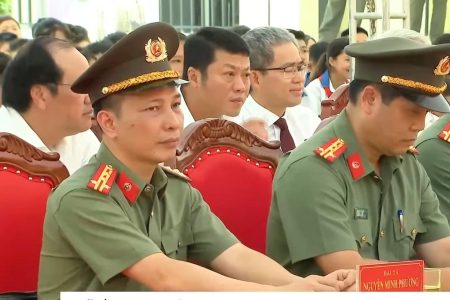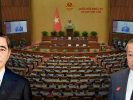In recent years, the Vietnamese economy has emerged with fast-growing businesses. Most of them are real estate and construction businesses. Very few businesses grow from production and trade. If there is a business that grows from manufacturing, then it will also jump into real estate to get rich quickly.
There’s nothing wrong with getting rich by doing real estate. But in Vietnam, with a deformed economy and politics, real estate has become a lucrative field, in which tycoons freely enjoy preferential policies, through dividends and messy relationship with state officials. In such an environment, the real estate market has become distorted and muddy.
The situation of officials supporting businesses in stealing land has caused civil injustice nationwide. People’s dreams of having their own houses are increasingly being pushed out of reach, because land prices continue to increase, year after year.
Land prices are so high that, when real estate freezes, even though housing prices have decreased, they are still very high compared to people’s income and financial capabilities. As a result, residential and urban area projects of large and small real estate businesses have been abandoned, creating uninhabited ghost urban areas. Meanwhile, people – from the middle class down – have no home to live in.
The development of Vietnam’s real estate industry does not follow the rules of the market mechanism, partly due to the way the state operates. Because every time there is a risk of crisis, the state issues policies to “save businesses.” Meanwhile, poor people need welfare policies to ease their financial burden, but they are ignored. This government leaves the poor to struggle, in conditions of lack of hospitals, lack of schools, lack of jobs…
From the state’s pampering of large businesses in general, and the real estate community in particular, intertwined economic and political interest groups have formed. Businesses that have relationships with political circles rely on power; at the same time, creating an unhealthy business environment. Those with powerful backing will suffocate honest businesses.
These politically-backed firms are fast-growing ones. Since then, Vietnamese society has created the illusion that the Vietnamese economy is very developed and Vietnamese businesses are very strong, despite the warnings of experts.
In fact, their growth is completely unsustainable and has no solid foundation. Looking at how VinFast dealing in the global market and immediately becames out of place, it’s enough to know the quality of Vietnamese businesses.
Because too many businesses rely on politics, when the top class fights for power, businesses fall apart like straw. Therefore, the more chaotic the politics, the more ruined the economy.
In democratic countries, without backyard businesses, a change of leadership has no impact on society and the economy. For example, in Italy in the 1990s, or England in recent years, the Government changed all the time with prime ministers resigning mid-term, but it did not have much impact on people and businesses. Because their economy and society operate according to the law.
From the beginning of 2024 until now, Minister of Public Security To Lam has emerged as a “rebellious” factor, defeating one force after another in the Party. If he wants to defeat every force in the Party, Lam will attack from the backyard business, then track down the sponsor. Up to now, 2 of the 4 top state officials or the “Four Pillars” have been beaten by Lam in that way, and he was successful. While he had not yet won the supreme throne, Lam continued to drag out backed businesses to fight, and fight until no one dared to resist.
This may be the easiest way to eliminate a political opponent. In fact, no business patron has ever escaped. Lam’s approach has become a precedent, allowing potential successors in the Party to use it to eliminate opponents.
It can be said that Lam is setting a bad precedent in the Party, and when the political elite fights each other, it will destroy the economy.



